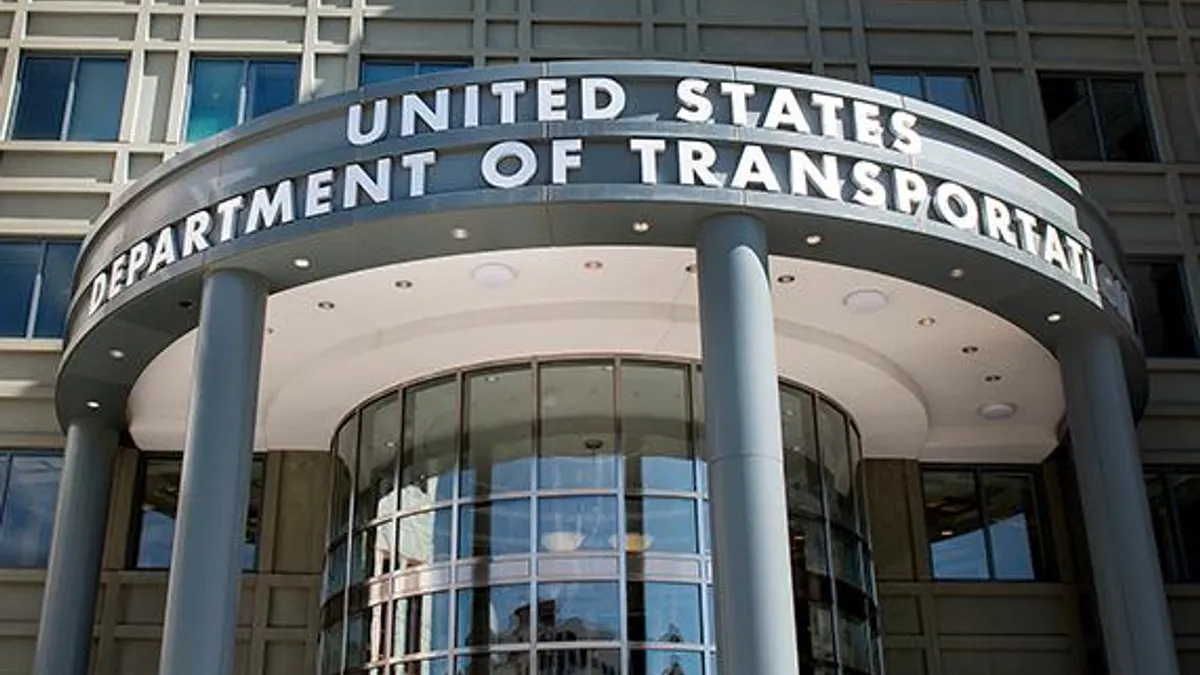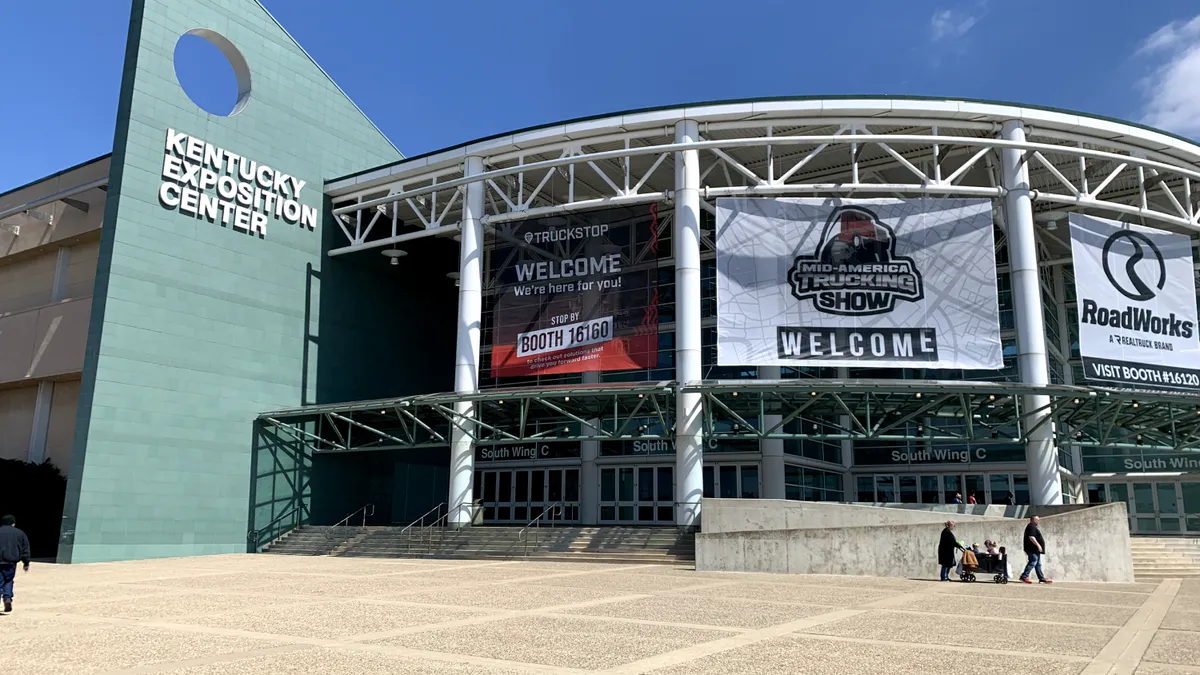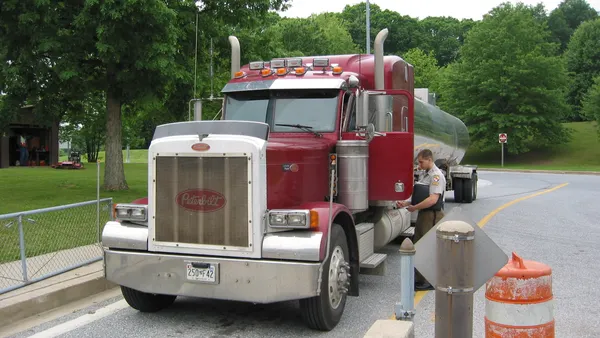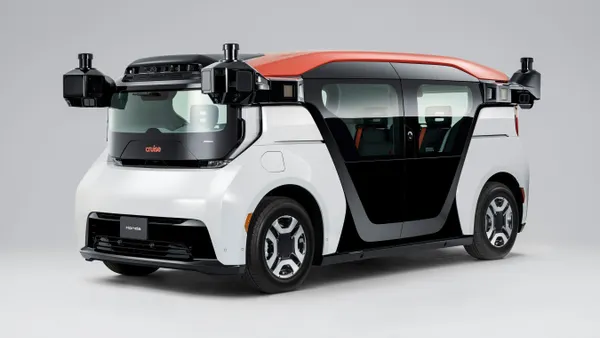Dive Brief:
- A federal rule requiring speed limiters in heavy-duty trucks won’t come until May, according to a Significant Rulemaking Report from the Department of Transportation.
- It’s the latest postponement for a rule that — despite a 68 mph proposal being leaked, then rescinded, in September — missed a Dec. 29 deadline set by the Federal Motor Carrier Safety Administration to release it.
- The delay to the controversial piece of regulation follows an exodus of senior staff from the FMCSA, including Administrator Robin Hutcheson.
Dive Insight:
Speed limiters are among the most divisive topics in the trucking industry.
The technology has been available on new trucks for years. But the agency received more than 15,000 comments from drivers, trucking industry groups and other stakeholders during a public comment period on the proposed rule.
The American Trucking Associations reversed its previous opposition to speed limiters in 2019 and has since joined safety advocates in supporting a speed limiter ruling on safety grounds. The trade group, which primarily consists of large carriers, has advocated since for a speed limiter rule with a top speed of between 65 and 70 mph.
Many drivers, owner-operators and small carriers oppose a speed limiter requirement. The Owner-Operator Independent Drivers Association claims, as ATA once did, that slowing trucks risks causing speed differentials between trucks and other traffic that could make roads less safe, not more.
OOIDA also claims its members’ large corporate competitors have an ulterior motive in advocating for a speed limiter requirement: They already use the technology for its fuel savings benefits and want to slow down the smaller fleets, whose faster trucks are among the few advantages the businesses enjoy over their larger competitors.
Three-quarters or more of ATA members’ already limit truck speeds, according to the ATA, and the members have reported fuel savings, CEO Chris Spear told Trucking Dive at the end of ATA MCE in Austin in the fall.
But the association’s primary motivation is safety, Spear said in the interview.
“Fuel savings are a benefit, there’s no question,” he said. “I wouldn’t dismiss it, but safety first. There’s gains for emissions, obviously, fuel — there’s lots of indirect plays there that are certainly measurable. But it’s safety first.”











